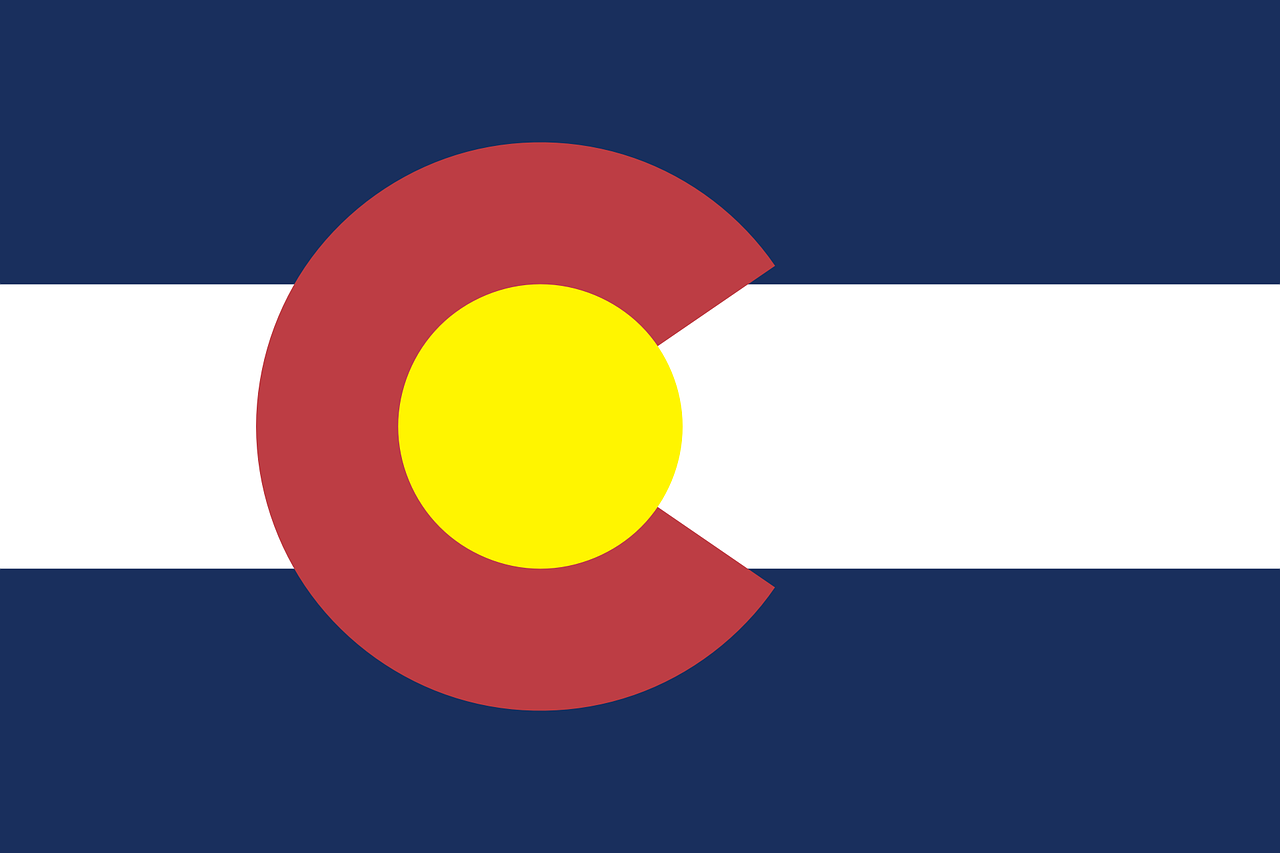
Colorado Escheat and Unclaimed Property Laws
| State | Reporting Period | Deadline | Due Diligence | Negative Report | Voluntary Disclosure Agreement | Reporting Method | Remittance Method | More Information |
|---|---|---|---|---|---|---|---|---|
| Colorado | Life Insurance: January 1 to December 31 Non Life Insurance: July 1 to June 30 | Life Insurance: Before May 1 Non Life Insurance: Before November 1 | $25 minimum, written notice to last known address no more than 180 days prior to report filing, first class mail or better. Notices can be sent electronically with the owner's consent. | Not Required | Not Available | Electronic only, NAUPA II format, file extension: .txt, .hrs, or .rpt, submitted through online portal. Manual entry also available on the online portal. | Funds: ACH, Wire, Check Securities: DTC, DRS or DWAC | Colorado Unclaimed Property |
The current statutes that govern unclaimed property in Colorado can be found here. Colorado has enacted the 2016 Revised Uniform Unclaimed Property Act (RUUPA).
Colorado Unclaimed Property Reporting Period
The annual reporting period for unclaimed property in Colorado is January 1 - December 31 for Life Insurance companies and July 1 – June 30 for Non Life Insurance companies.
Colorado Unclaimed Property Due Diligence Requirements
Holders of unclaimed property must perform due diligence to show that they attempted to find the rightful owner of unclaimed property. For any balance greater than $25, written notice must be sent to the owners last known address no more than 180 days before the unclaimed property report is filed. Keep records to prove that due diligence was completed including whether mail was returned as undeliverable.
Colorado Unclaimed Property Reporting and Remittance Deadline
Annual reports and remittances are due before May 1 for Life Insurance companies and before November 1 for Non Life Insurance companies.
Colorado Unclaimed Property Reporting Format
Reports must be electronic only and in the NAUPA II file format. File formats accepted are .txt, .hrs and .rpt. These formats can be generated through the HRS Pro software. The HRS Pro software has a limited free version that has restrictions including one user, one company and less than 100 properties per state report.
Colorado Unclaimed Property Reporting and Remittance Method
Reports can be submitted on on the state portal. Funds can be transferred by ACH, Wire or Check. Securities can be transferred through Depository Trust Company (DTC), Direct Registration System (DRS) or Deposit / Withdrawal At Custodian (DWAC).
Colorado Unclaimed Property Negative Reports
Negative reports refer to reports that need to be filed when there is no unclaimed property to report or remit to the state for the year. Colorado does not require negative reports.
Colorado Unclaimed Property Voluntary Disclosure Agreement (VDA)
In some states, the unclaimed property Voluntary Disclosure Agreement (VDA) provides the opportunity for holders of unclaimed property to voluntarily report and remit past unclaimed property. If accepted by the state, the holder is then exempt from fines and penalties that cover the VDA period. The holder is expected to maintain strict compliance with state unclaimed property laws after the VDA period. VDAs are usually available on a one-time basis only to holders that are not already under state audit. Colorado does not currently have a VDA program.
Colorado Unclaimed Property Dormancy Periods
Dormancy periods for unclaimed property in the state of Colorado vary, refer to the state dormancy periods on the state website for details. Some common property types are as follows: Wages, Payroll, Salary (1 year), Money Orders (7 years).
More information from the state of Colorado on unclaimed property reporting can be found here. Join our growing network of businesses that are using the Escheatify HolderExchange to prevent escheatment by reconciling their pre-escheat unclaimed property. Contact us to learn more.
